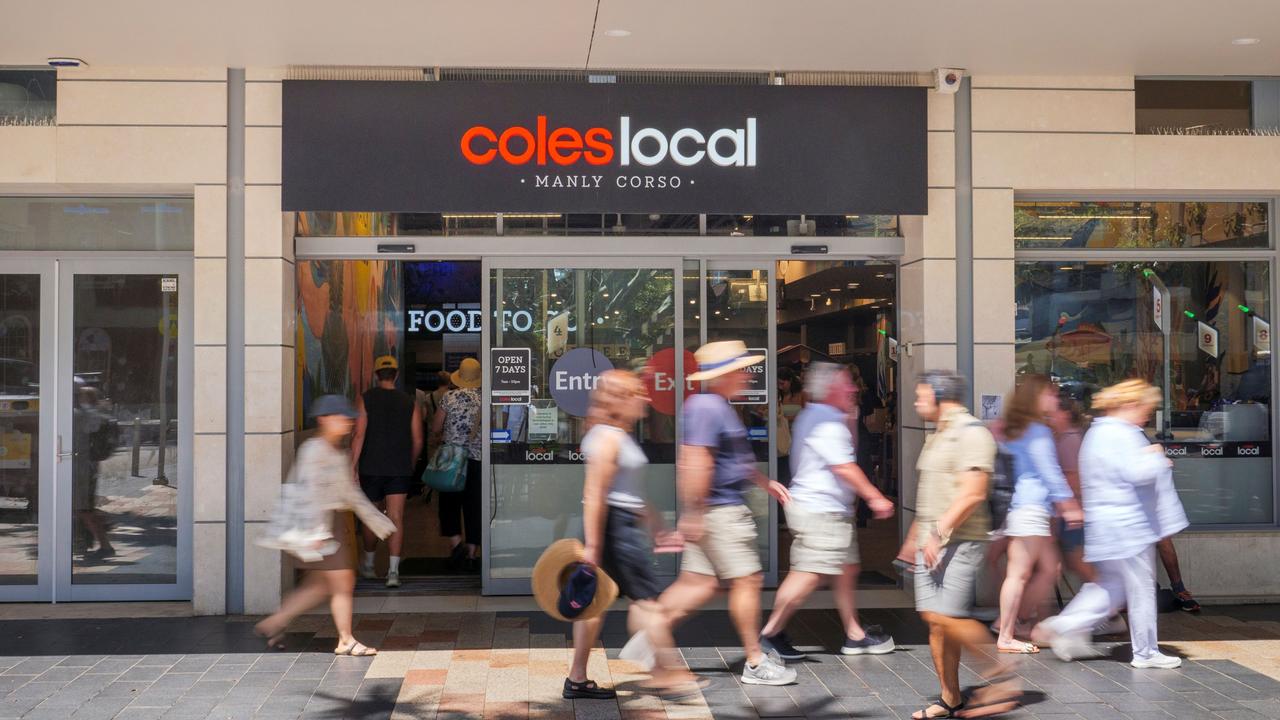Construction dominates as company failures spike with more ahead
Company collapses surged 37 per cent in the December half with expectations of more in 2024 as the ATO makes it harder for embattled small businesses to survive.

Business
Don't miss out on the headlines from Business. Followed categories will be added to My News.
Construction-related businesses accounted for more than one in every four company failures over the past half year and now insolvency experts fear the hospitality sector could face increasing pressure in the next few months.
The number of company collapses rose to 6626 for the almost six months from July 1 to December 24 – a 37 per cent spike from 4840 in the previous December half, according to the latest data from the Australian Securities and Investments Commission released this week.
The pain was felt most in the building sector with 1810 construction-related businesses failing over the half year, representing roughly 27 per cent of all collapses. In percentage terms that was in line with the previous December half when 1334 construction-related businesses tanked.
Accommodation and food services was the second biggest category of casualties, with 909 businesses shutting up shop in the six months, up a sharp 63 per cent from the previous December half, while 432 retailers pulled down the shutters, up 36 per cent from 317 in the previous December half year.
WCT Advisory managing partner Andrew Weatherley believed the food industry would come under substantial pressure once the busy summer holiday trading period ended.
“At the moment, there seems to be a general positive feel in those industries, but I expect spending is at lower levels than 2022 given the increase in cost of living and interest rates,” he said.
“I will be very interested in seeing the outcome of retail sales numbers this year, and I suspect a lot of businesses are crossing their fingers … but also worried about what happens if that does not pan out.”
The latest retail sales figures released this week showed the growing popularity of Black Friday which drove a 2 per cent rise in total retail turnover in November, compared to fall of 0.4 per cent in October.
There are expectations that the Christmas and Boxing Day period will be strong although total retail spending for 2023 is expected to be down.
Mr Weatherley said there was a slow return to almost normal or pre-Covid levels of insolvency numbers last year.
“I do not see a change in the industries at greater risk in 2024 from 2023, in that I believe retail, food services and construction will still remain in a difficult trading environment,” he said.
“I suspect those pressures will lessen towards the back end of 2024 with a pause or even reduction in interest rates and other cost inputs. Nevertheless, we think 2024 will be a busy period for insolvency firms.”

More than two-fifths of the failed businesses, in data released by ASIC, were based in NSW.
The 2848 collapses in the country’s most populous state over the past six months represented an increase of 45 per cent on the previous December half and a 136 jump on the six month-period at the height of the pandemic in 2021.
Victoria had 1640 failures, followed by Queensland with 1226, Western Australia 487, and South Australia 224, while ACT had 107, Tasmania 57 and Northern Territory just 37.
NSW also had the most construction-related company collapses at 916, more than double Victoria with 444 and the 256 racked up in Queensland.
Chartered Accountants ANZ senior tax advocate Susan Franks believed small businesses could be in for some unforeseen pain following changes to tax collection methods made by the federal government as part of the Mid-Year Economic and Fiscal Outlook.
“With more than $95bn in tax debt to collect, it’s not surprising that attention is being given to the collection of that debt.
“The ATO has announced that it will be tightening the ability of taxpayers to access payment plans. Taxpayers will now need to prove they have capacity to pay the tax debt and an emphasis will be on paying the tax debt as early as possible.
“The days of the ATO being the banker for small business are numbered.”
Ms Franks said with the general interest charge approximating the small business interest rate charged by banks, many small businesses have found it easier to apply for finance in the form of a payment plan with the ATO than a loan from a bank.
She said this was evidenced by small business owing most of the outstanding collectable debt.
“Denying deductibility of the general interest charge will effectively increase the cost of accessing finance with the ATO and make obtaining external finance more attractive,” Ms Franks said.
More Coverage
Originally published as Construction dominates as company failures spike with more ahead




